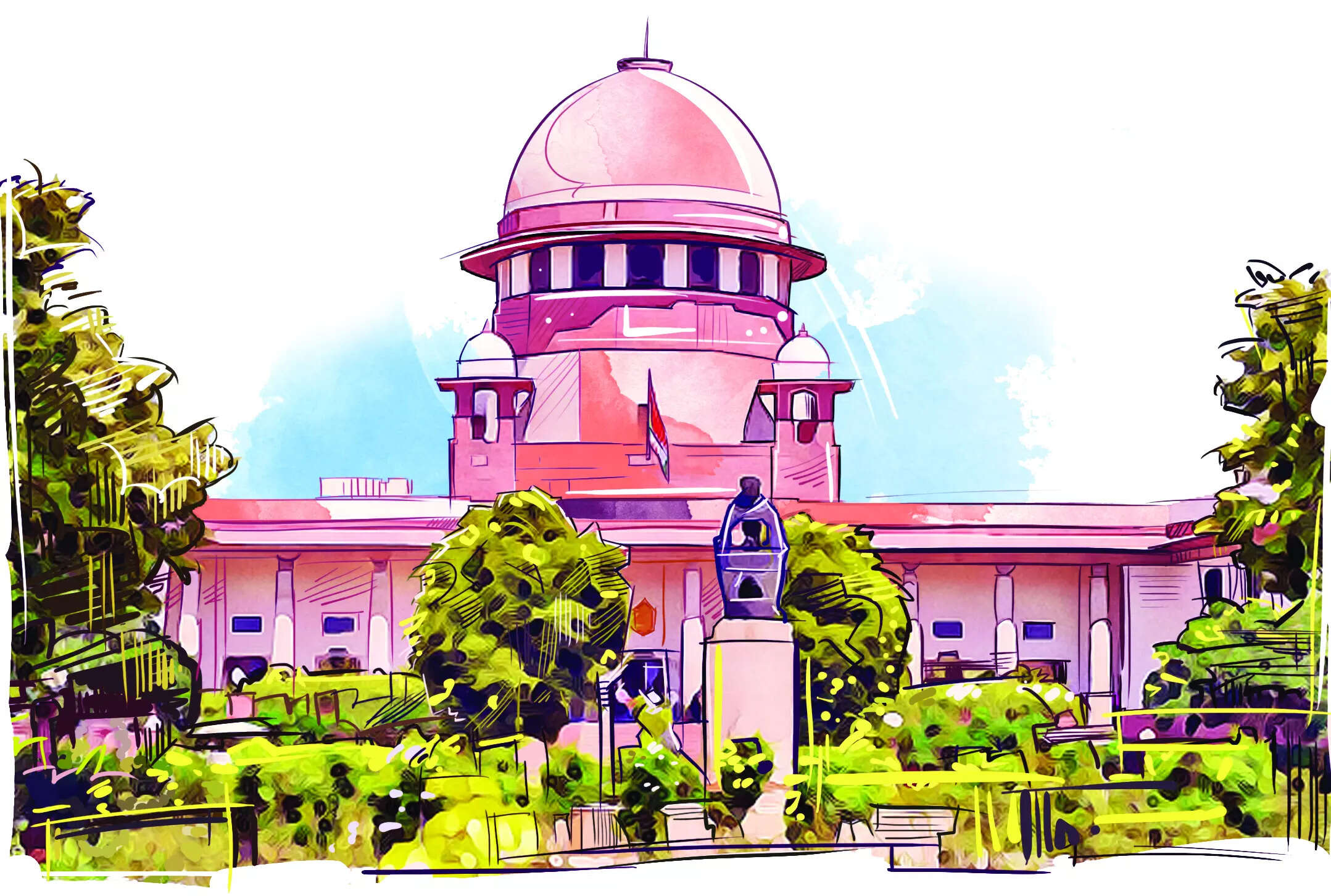
President Droupadi Murmu wants the Supreme Court‘s opinion on the maintainability of a plea when a state government invokes Article 32 of the Constitution to move the top court against the Centre, the constitution bench presiding over a presidential reference was told on Tuesday.
The reference was made to seek the court’s views on whether it could set timelines and procedures for the President and governors. The five-judge bench led by Chief Justice of India BR Gavai had earlier proposed avoiding the Article 32 issue, which deals with fundamental rights for constitutional remedies.
The bench observed the core issues related to assent to bills by governors and the President under Articles 200 and 201. It suggested leaving the matter open for a future case and asked Solicitor General Tushar Mehta to take instructions from the Centre on whether this point was pressed. Mehta informed the bench on Thursday that he had instructions to seek the court’s opinion.
Mehta argued that a state government is not an entity with fundamental rights. Hence, Article 32, meant to enforce such rights, cannot be used by a state government, he said. Disputes between states and the Union must be decided under Article 131, he added.
In a related development, the Tamil Nadu government argued that if a governor could withhold assent even to money bills passed by the legislature, it would make the governor a “super chief minister.”
This was submitted by senior advocate Abhishek Manu Singhvi, counsel for Tamil Nadu, in reply to Maharashtra’s counsel, senior advocate Harish Salve, who argued governors could deny assent even to money bills.
In response, the bench said such a reading of Article 200-that governors have independent power to withhold a bill-could create a “problematic” situation. Referring to Article 200’s proviso, Justice PS Narasimha noted that except for a money bill, a governor may return a bill for reconsideration. Concerned at such an interpretation, he warned that recognising an independent power to withhold could mean even money bills may be blocked.

